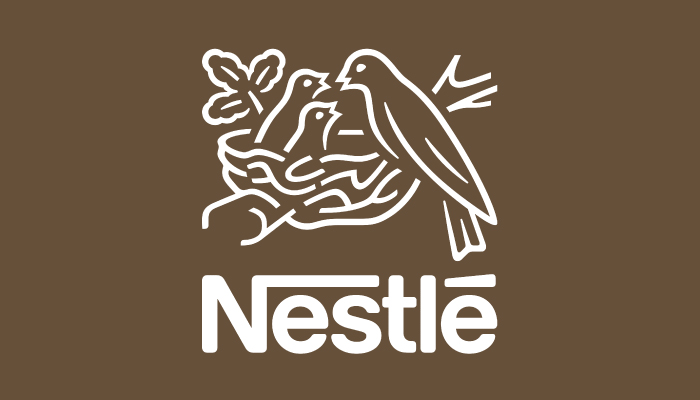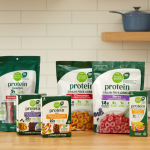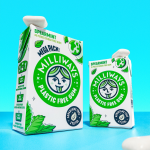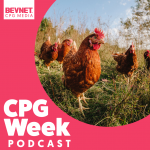Nestlé Plans Additional Price Hikes After Inflationary Headwinds Hurt 2022 Earnings

Nestlé announced on Thursday plans to further increase prices across several product lines after inflationary headwinds, including heightened ingredient costs, contributed to a decline in sales volumes for the fourth quarter.
During the FY 2022 call, the world’s largest food group reported that overall sales volumes fell 2.6% during the quarter, with prices rising by an average of 10.1%. North and Latin American experienced the highest price hikes at 11.6%.
The increases hurt North American sales volumes the most, which fell 1.7% during the quarter. Meanwhile, real internal growth, which measures sales volume and consumer’s product choices, declined 2.6%.
“We’re still in a situation where we’re repairing our gross margin and where, like all consumers around the world, we’ve been hit by inflation, and now we’re trying to repair the damage that has been done,” CEO Ulf Mark Schneider told investors during Thursday’s call.
Though he declined to share which products will be impacted by the continued price hikes, Schneider said the increases will be “very targeted” and only executed “where the input cost situation justified that.”
Nestlé is just one of a large cohort of brands fighting to retain consumer demand amid ongoing inflationary pressures rooted in labor shortages, supply chain crises, increased energy costs and heightened raw material prices.
Last week, PepsiCo reported that despite an increase in its Q4 net revenue, volume dropped 7% at Quaker Foods North America and 2% at the North America Beverage Division, citing decreased consumer demand due to price hikes. Additionally, Unilever, which produces packaged foods such as Ben & Jerry’s ice cream, will also continue to raise prices to “offset rising input costs,” as reported by CNBC.
Overall, the Nespresso pod and KitKat producer reported a full-year net profit of CHF 94.42 billion, up from CHF 87.09 the year prior, citing a strong demand for its coffee and petcare products.
“We’re working on continued cost efficiencies in order to shield our consumers around the world from the impact of inflation,” said Schneider.
Looking ahead to 2023, Nestlé projects organic sales growth, which excludes the impact of currency moves and acquisitions, between 6% and 8% and underlying profit margin between 17% and 17.5%.
Additionally, the food and beverage giant outlined plans to repair its margins by streamlining some of its product portfolios, cutting out “some of the less favorable and lower rotation products” to focus its resources on “consumers and retail partners [in] the best way.” For example, Nestlé made the “tactical” decision to wind down its frozen foods business in Canada, which includes the Stouffer’s, Lean Cuisine and Life Cuisine brands, due to a lack of local manufacturing capacity and the current import and currency situation. Executives shared that the company will also “re-allocate resources towards high-growth, high-margin products” such as coffee and creamers.
On the call the company also highlighted some of its M&A activities from the past year, which include acquiring a majority stake in nutritional supplement company Orgain and coffee company Seattle’s Best Coffee as well as the launch of a partnership with investment firm L Catterton to brings together Freshly and Kettle Cuisine brands
According to Schneider, the company will also be watching labor costs as many markets begin to negotiate labor and wage contracts for 2023. He said, “inflation that was by and large commodity driven is now translating into one that is wage driven.”
“Looking to 2023, we expect another year of robust organic growth, with focus on restoring our gross margin, stepping up marketing investments and increasing free cash flow,” said Schneider in a statement. “Nestlé’s value creation model puts us in a strong position to achieve our 2025 targets and to generate reliable, sustainable shareholder returns.”
Explore the Nombase CPG Database
Head to Nombase to learn more about the tagged companies and their offerings.



















